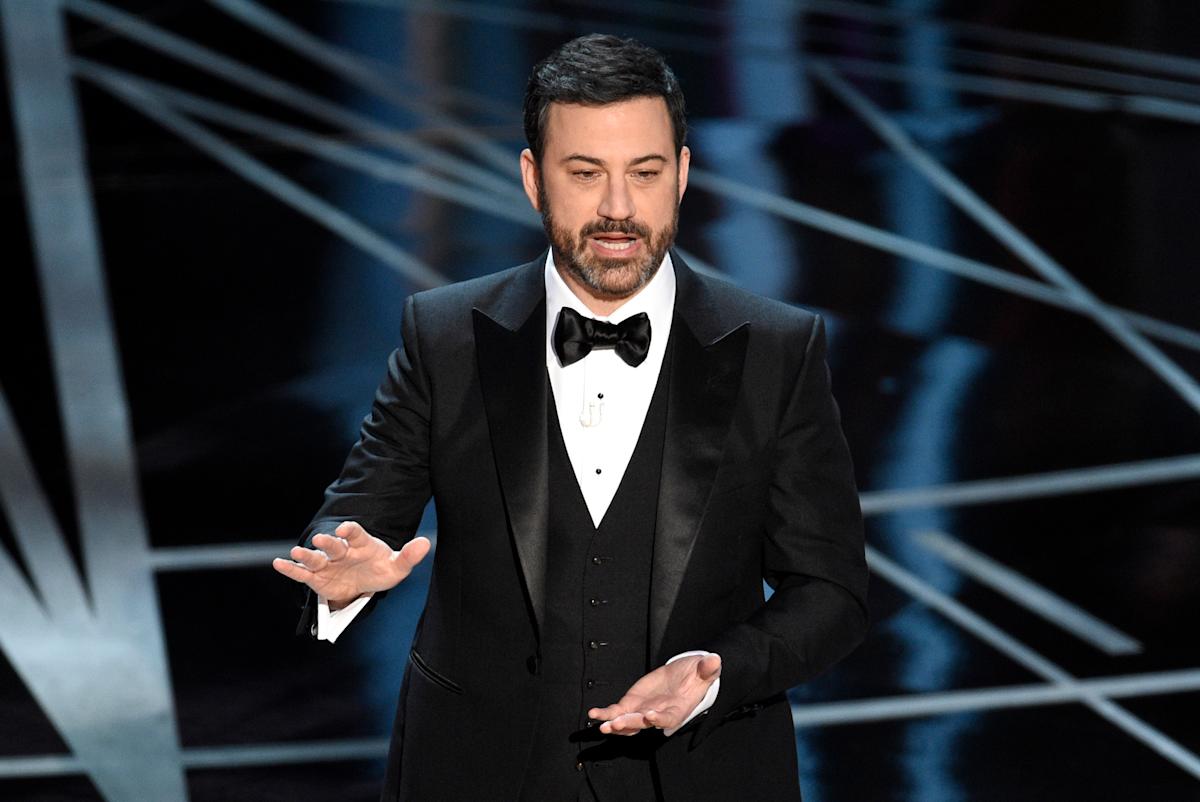Web of business interests shows that Kimmel’s future rests on far more than his jokes
NEW YORK (AP) — The decision about whether to keep Jimmy Kimmel on his late-night ABC show depends on far more than his jokes. The choice is complicated by a web of business and regulatory considerations involving ABC’s parent company, other media companies and the Trump administration.
It’s the inevitable result of industry consolidation that over years has built giant corporations with wide-ranging interests.
ABC owner Walt Disney Co., a massive organization with far-flung operations, frequently seeks federal regulatory approval to expand, buy or sell businesses or acquire licenses. And the Trump administration has not spared the company from investigations, opening multiple inquiries in just the past few months to probe possible antitrust, programming and hiring violations.
Kimmel was suspended from his show this week following comments suggesting that fans of Charlie Kirk were trying to capitalize on the conservative activist’s assassination. Federal Communications Commission Chairman Brendan Carr called the remarks “truly sick” and suggested his agency would look into them.
Carr answers to President Donald Trump, who’s already on record as disliking Kimmel’s comedy.
Two companies that operate roughly a quarter of ABC affiliates nationwide, Nexstar Media Group and Sinclair Broadcasting, also said they would not air Kimmel’s show.
Disney took a step last December to avoid a confrontation with Trump by paying $15 million to settle the president’s defamation lawsuit against ABC News and George Stephanopoulos. It also made moves to dismantle some of its diversity, equity and inclusion practices, including removing references in its annual report to its Reimagine Tomorrow program aimed at “amplifying underrepresented voices.”
Apparently that wasn’t enough.
In April, the FCC sent a a blistering letter to Disney CEO Bob Iger saying it suspected the company was so thoroughly “infected” with “invidious” practices favoring minorities that it had no choice but to open an investigation.
Among other questions, the probe sought to determine whether Disney had really ended policies designed to ensure characters in its shows and its hiring practices favored “underrepresented groups.”
Meanwhile, a Disney deal struck in January to buy a stake in the streaming service FuboTV. That fell under scrutiny, too, with several reports that the Justice Department was investigating possible antitrust violations.
The Federal Trade Commission also launched a probe into whether Disney broke rules by gathering personal data from children watching its videos without permission from parents. Disney settled the case earlier this month by paying $10 million and agreeing to change its practices.


